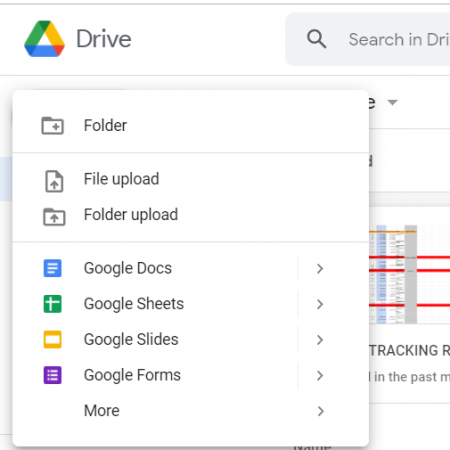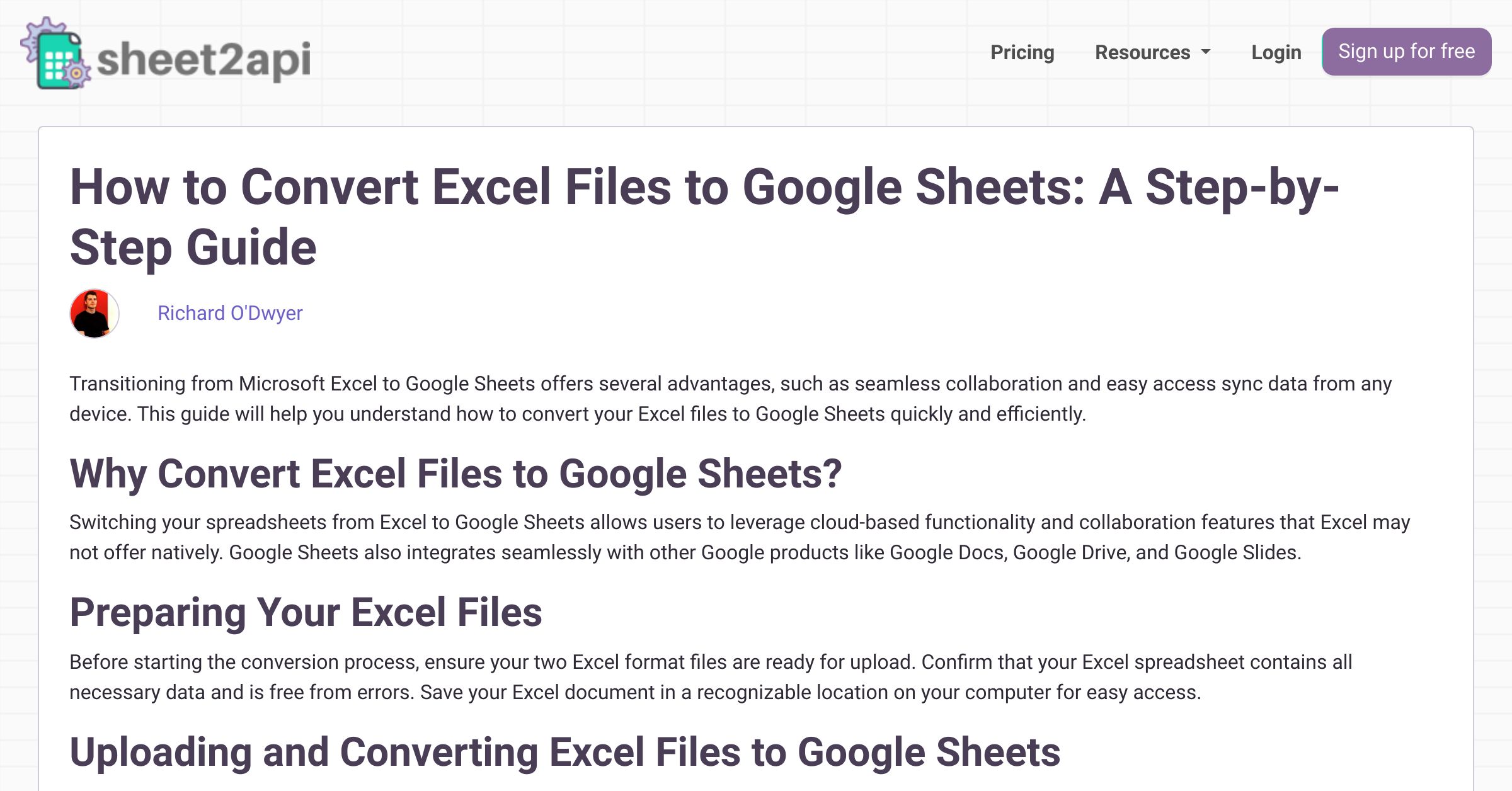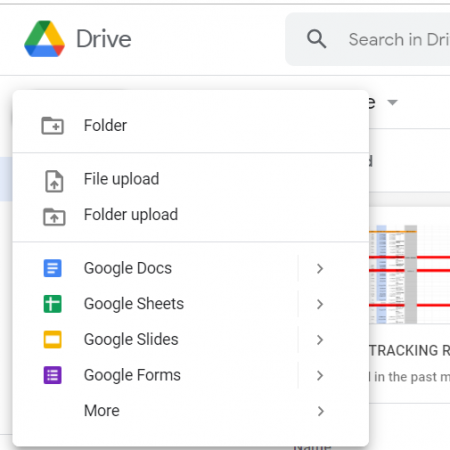3 Simple Ways to Convert Excel to Google Sheets

Converting Excel files to Google Sheets is a common task for many users moving from Microsoft's ecosystem to Google's productivity suite or vice versa. Whether you need to collaborate with team members who prefer Google Workspace or you simply want to leverage Google Sheets' features like real-time collaboration, here are three straightforward methods to convert Excel spreadsheets into Google Sheets.
Method 1: Uploading to Google Drive

One of the simplest ways to convert an Excel file to a Google Sheet is by uploading it directly to Google Drive:
- Open Google Drive in your web browser.
- Click on New in the left panel, then select File upload.
- Navigate to your Excel file (
.xlsx,.xlsm,.xlsb,.xls), select it, and upload. - Once uploaded, right-click the file, hover over Open with, and choose Google Sheets.
- Finally, save a copy in Google Sheets by going to File > Save as Google Sheets.
This method converts your Excel spreadsheet into a Google Sheets document that you can edit, share, and collaborate on in real time.
📝 Note: The conversion process might not handle complex Excel features like macros or specific data validation settings perfectly.
Method 2: Using Google Sheets Import Options

If you need to import data from an Excel file without overwriting your current Google Sheets:
- In Google Sheets, click on File from the top menu.
- Select Import.
- Choose the Upload tab and upload your Excel file.
- Once uploaded, you can select from various import options like replacing the current sheet, creating a new sheet, or appending data to an existing sheet.
- Click Import data after selecting your preferred option.
This method gives you more control over how the data is integrated into your existing Google Sheets, which is particularly useful if you only need certain parts of the Excel file.
Method 3: Manual Data Entry

For smaller datasets or when you require a clean copy without any formatting:
- Open your Excel file.
- Select and copy the data you want to transfer.
- Open a new Google Sheets document.
- Paste the data into Google Sheets.
This method is straightforward but is best for smaller datasets where manual data entry isn't too time-consuming.
Each of these methods offers different levels of control and complexity. The method you choose depends on your specific needs, the size of your data, and how you want to manage any Excel-specific features or formatting.
When considering your workflow, remember that Google Sheets doesn't support all of Excel's features out-of-the-box. Therefore, any complex formulas, pivot tables, or data validation rules might need manual tweaking or replacement in Google Sheets. Additionally, Google Sheets automatically saves your work, offering an advantage for collaborative work or if your device unexpectedly loses power.
Converting Excel to Google Sheets streamlines your workflow, making it easier to work with others or use cloud-based features. You now have the tools to select the method that best fits your project requirements, ensuring you can leverage the advantages of both Microsoft Excel and Google Sheets.
What happens to Excel’s formulas during conversion?

+
Most basic and common Excel formulas will convert seamlessly to Google Sheets. However, some complex or Excel-specific functions might need adjustment or could be unsupported.
Can I convert back from Google Sheets to Excel?

+
Yes, you can download a Google Sheet as an Excel file by going to File > Download > Microsoft Excel (.xlsx).
Is there a way to convert an entire workbook at once?

+
You can upload an Excel workbook to Google Drive, which will convert all sheets into a single Google Sheets document, maintaining the separate tabs.